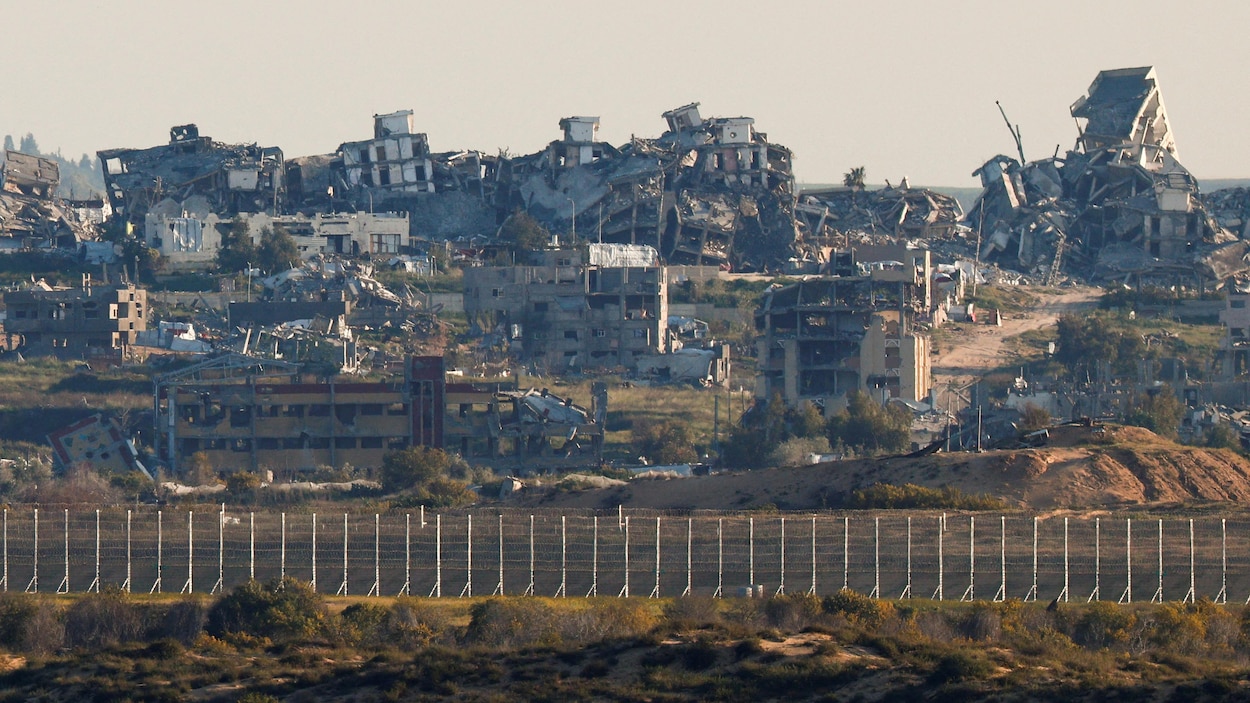How Merz Plans to Lead Germany Through Global Challenges
Friedrich Merz is set to become Germany's next chancellor, navigating a complex political landscape amid challenges from transatlantic tensions to domestic economic reforms.
Published April 10, 2025 - 00:04am

Image recovered from washingtontimes.com
Friedrich Merz, a seasoned politician poised to become Germany's tenth chancellor since World War II, ascends to leadership amid a turbulent global and domestic political landscape. At 69, Merz, a prominent figure from the Christian Democratic Union (CDU), has successfully engineered a coalition government with the Social Democratic Party (SPD), ensuring a majority parliamentary support to tackle the pressing issues Germany faces today.
Merz's ascent comes after a period marked by significant international and domestic challenges. The election results on February 23 reflected a robust showing by his Union bloc, compelling him to form a coalition with the SPD and resolve pressing issues such as defense spending and electoral reform. U.S. President Donald Trump's recent imposition of trade tariffs has added another layer of complexity, severely impacting the German export sector and pressing Merz to prioritize transatlantic relations.
As Germany grapples with economic recession and the reverberations of a global trade war, Merz proposes pro-economic growth strategies featuring a substantial investment initiative known as the 'investment booster.' This includes a 30% annual tax depreciation on equipment investments and a phased reduction of corporate tax, intended to fuel confidence in international markets.
Merz's political career has been a tale of resilience and persistence. Once sidelined by Angela Merkel, he made a comeback, reflecting his determination to overcome political setbacks. Merkel, Germany's chancellor from 2005 to 2021, has acknowledged her complex relationship with Merz, often characterized by their competitive pursuits for leadership within the CDU.
The coalition formed with the SPD sets the stage for a pragmatic governmental approach aiming at economic stability and political moderation. This partnership looks to counterbalance the rising political extremism, notably from the right-wing Alternative for Germany (AfD), by espousing moderate, yet firm, policy stances.
Merz has reiterated his commitment to European unity and security, particularly regarding the situation in Ukraine and ensuring robust defense strategies. A portion of the coalition's agenda is dedicated to increasing defense budgets, aligning with broader European and NATO priorities, ensuring robust support for Ukraine in the face of Russian aggression.
Domestically, Merz aims to introduce rigorous immigration reforms in response to a growing national debate fueled by recent violent incidents attributable to immigration lapses. His plans include the implementation of stricter immigration controls, a move that has courted controversy and opposition from several quarters, accusing him of aligning too closely with the far-right agenda.
Internationally, Merz aims to redefine Germany's position, leveraging a 'Weimar Triangle' format comprising France and Poland, to reinforce European alliances and address issues like the EU's rule-of-law policies. His foreign policy stance is driven by the imperative for a cohesive European response to military and economic security threats, notably amid the shaky relations with the U.S.
Furthermore, the new government under Merz seeks to appeal to industrial and economic stakeholders by proposing an innovative ministry dedicated to digital transformation, aligning with modern educational practices and labor market demands. This seeks to rejuvenate traditional sectors while embracing future-centric technology and space research.
The coalition's policy roadmap is heavily leaned towards reducing bureaucratic inefficiencies and cutting down administrative costs, a move largely appreciated by industrial sectors such as the mechanical engineering association, as bureaucracy has long been seen as a hurdle to entrepreneurial endeavors.
In summary, Friedrich Merz's leadership begins amidst a critical juncture for Germany, requiring astute navigation through complex political, economic, and international challenges. The CDU-SPD coalition symbolizes a calculated strategy to steer the nation through a period marked by historical trials, necessitating resilient and forward-thinking governance.







